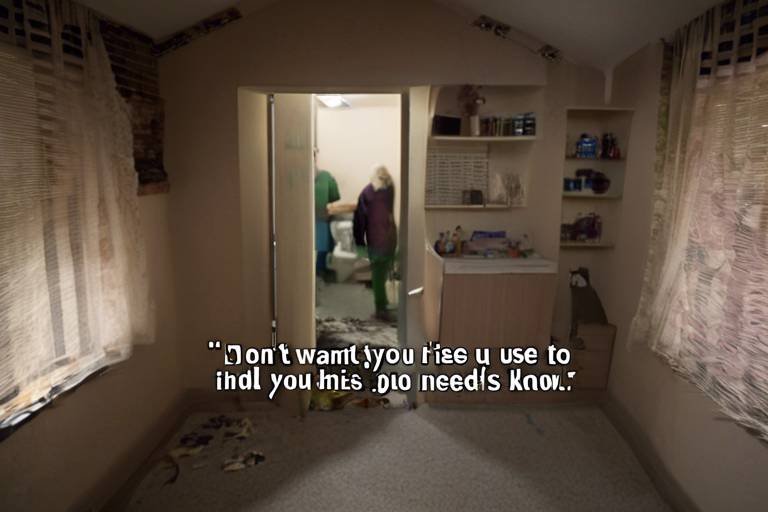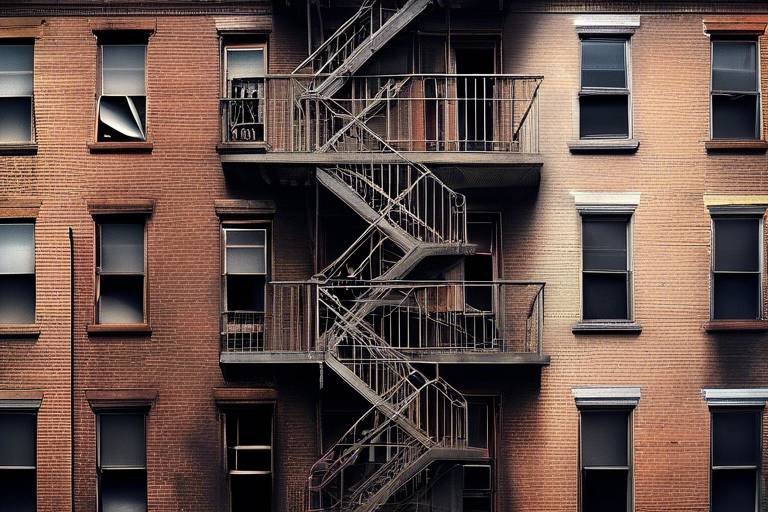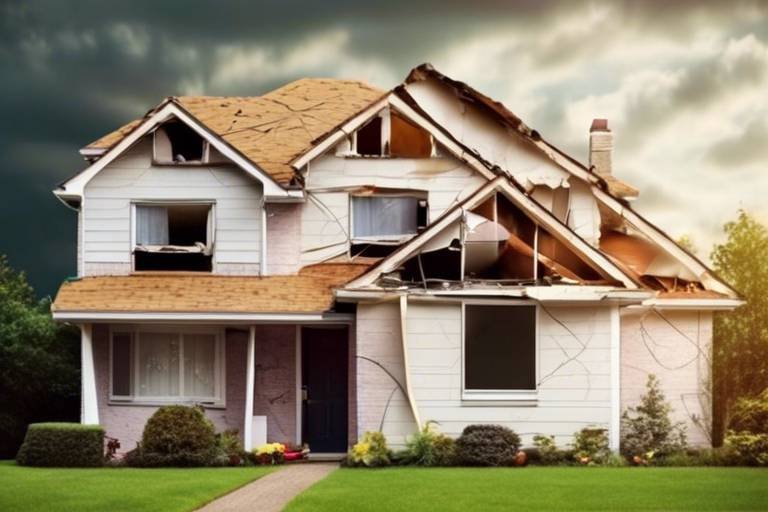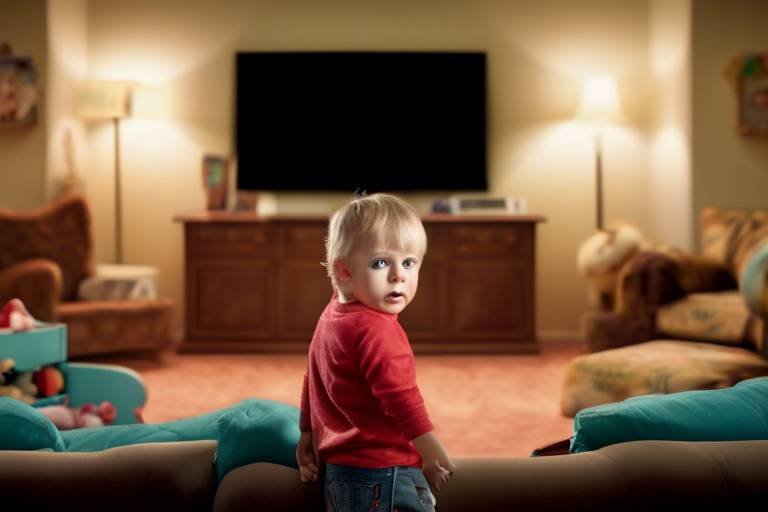Are Fire Sprinklers a Good Investment for Your Home
When it comes to protecting your home and loved ones, the question of whether fire sprinklers are a good investment often arises. Imagine a scenario where a small kitchen fire breaks out while you're cooking. Without a fire sprinkler system, that small flame could quickly escalate into a raging inferno, putting your entire household at risk. Fire sprinklers are not just a luxury; they are a critical component of modern fire safety. In this article, we will explore the myriad benefits, costs, and considerations surrounding the installation of fire sprinkler systems in residential properties, helping you make informed decisions about this vital investment.
Fire sprinkler systems are engineered to detect and suppress fires automatically, acting as the first line of defense in a fire emergency. These systems consist of several key components, including sprinkler heads, pipes, and a water supply. When a fire is detected, the system activates, releasing water to control or extinguish the flames. This quick response can significantly reduce fire damage and save lives. Think of fire sprinklers as a safety net; they are always there, quietly watching over your home, ready to spring into action when you need them the most.
Installing fire sprinklers offers numerous advantages that can enhance your home's safety and even your financial well-being. First and foremost, these systems are incredibly effective at reducing fire damage. Studies show that homes equipped with fire sprinklers experience significantly less damage compared to those without. Additionally, many insurance companies offer lower premiums for homes with fire sprinkler systems, recognizing the reduced risk. By investing in fire sprinklers, you are not only protecting your property but also potentially saving money in the long run.
One of the most attractive benefits of installing fire sprinklers is the potential for cost savings on your homeowner's insurance. Many insurance providers offer discounts of up to 20% for homes with fire sprinkler systems. This discount can lead to substantial annual savings, making the initial investment in a sprinkler system even more appealing. For example, if your insurance premium is $1,000 a year, a 20% discount could save you $200 annually. Over time, these savings can add up, effectively offsetting the cost of the system itself.
Investing in fire sprinklers can lead to long-term financial benefits by minimizing potential fire damage costs. Consider this: the average cost of a house fire can reach tens of thousands of dollars, not to mention the emotional toll it takes on families. By having a fire sprinkler system in place, you significantly reduce the chances of extensive damage, which means less out-of-pocket expense for repairs and recovery. In essence, you are safeguarding your financial future by making a strategic investment in fire safety.
Another compelling reason to consider fire sprinklers is the potential increase in your property value. Homes equipped with fire safety features, like sprinklers, are often more appealing to buyers. In a competitive real estate market, having a fire sprinkler system can set your home apart from others. It demonstrates to potential buyers that you are proactive about safety and willing to invest in high-quality features. This can translate into a quicker sale and possibly a higher selling price.
Understanding local regulations and building codes regarding fire sprinklers is crucial for homeowners. Many municipalities have specific requirements that dictate the installation of fire sprinkler systems, especially in new constructions. Familiarizing yourself with these regulations ensures that you are compliant and helps you avoid potential fines. Additionally, working with a licensed professional can guide you through the necessary codes and ensure a smooth installation process. Remember, knowledge is power when it comes to home safety!
While fire sprinklers provide numerous benefits, the installation costs can vary. Factors influencing the overall expense of installing a fire sprinkler system include the size of your home, the type of system you choose, and local labor rates. On average, homeowners can expect to pay between $1 to $2 per square foot for installation. This means that a 2,000-square-foot home could incur costs ranging from $2,000 to $4,000. While this may seem like a significant investment, it’s essential to consider the long-term savings and safety benefits.
Several factors can impact the cost of installation. For instance, larger homes will naturally require more extensive systems, leading to higher costs. Additionally, the type of fire sprinkler system you choose—whether it’s a wet, dry, or pre-action system—can also influence the price. Moreover, local labor rates can vary significantly, so it's wise to get multiple quotes from licensed contractors in your area. By doing your homework, you can find the best solution that fits your budget and needs.
Maintaining a fire sprinkler system is essential for its effectiveness. Regular inspections and maintenance checks are necessary to ensure that your system is in optimal working condition. Typically, homeowners should budget around $100 to $300 annually for maintenance costs. This investment is minor compared to the potential costs of fire damage and can be crucial in ensuring your home remains safe. Just like a car needs regular oil changes, your fire sprinkler system requires attention to keep it functioning correctly.
- Are fire sprinklers mandatory in homes? - Regulations vary by location, so it's essential to check local building codes.
- How often should fire sprinklers be inspected? - It's recommended to have them inspected at least once a year.
- Can I install fire sprinklers myself? - It's best to hire a licensed professional for installation to ensure compliance with codes.
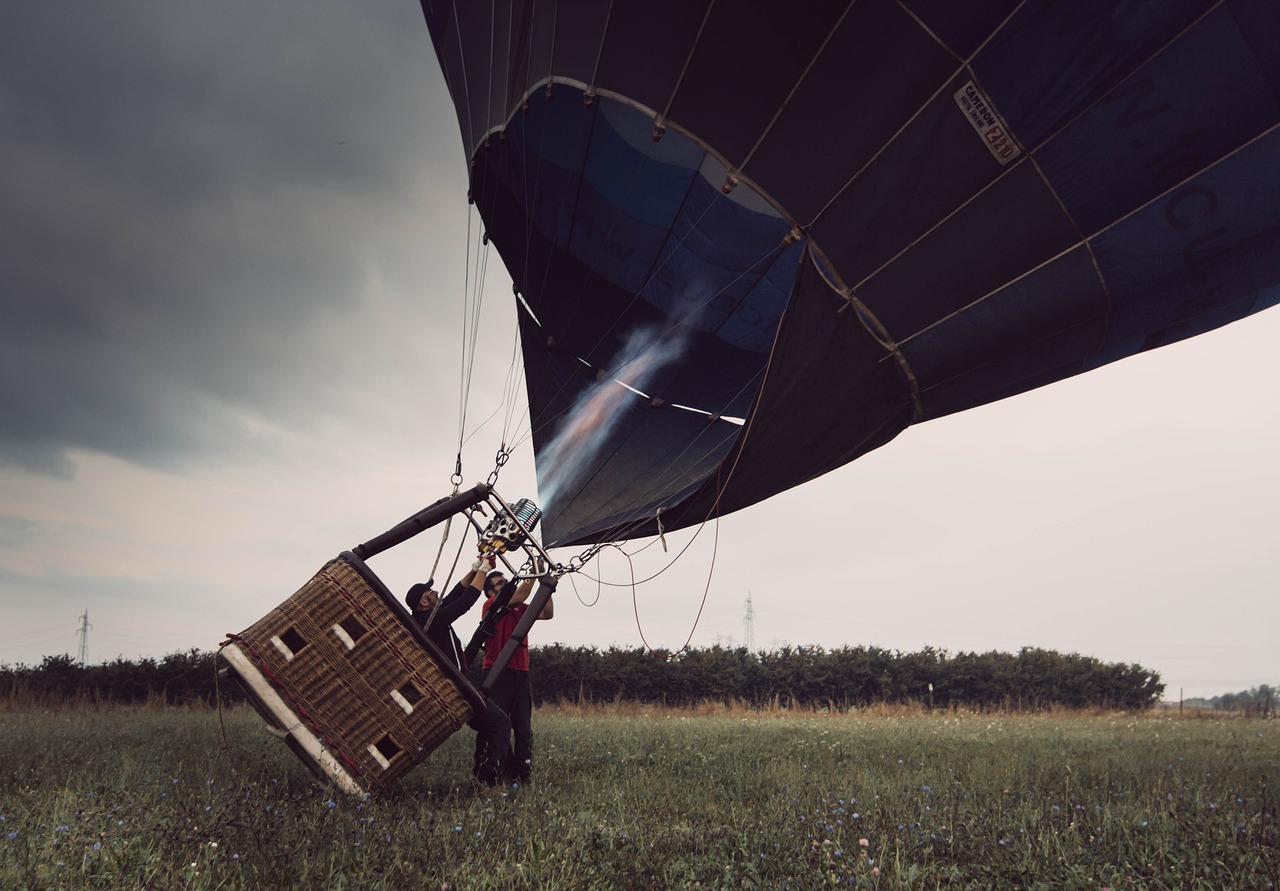
Understanding Fire Sprinkler Systems
Fire sprinkler systems are essential components of modern fire safety measures, designed to detect and suppress fires automatically, often before they can escalate into catastrophic events. Imagine a silent guardian, always on alert, ready to spring into action at the first sign of danger. These systems operate using a network of pipes filled with water, strategically placed throughout a building. Each sprinkler head is equipped with a heat-sensitive element that activates when temperatures rise to a certain point, typically around 155°F (68°C).
When a fire ignites, the heat causes the element to break, releasing water directly onto the flames. This targeted approach not only helps to control and extinguish the fire but also minimizes water damage compared to traditional firefighting methods. It's like having a personal firefighter in every room! The components of a fire sprinkler system include:
- Sprinkler Heads: The visible part of the system that releases water.
- Piping: A network of pipes that transports water to the sprinkler heads.
- Control Valves: Valves that regulate the water flow into the system.
- Water Supply: The source of water, which can be a municipal supply or a dedicated tank.
- Alarm System: An integrated alarm that alerts occupants and emergency services when the system activates.
These systems come in various types, including wet pipe, dry pipe, pre-action, and deluge systems, each tailored to specific environments and fire risks. For instance, wet pipe systems are the most common and are filled with water at all times, making them quick to respond. In contrast, dry pipe systems are filled with air and only release water when a fire is detected, which is ideal for colder climates where pipes might freeze.
Understanding how fire sprinkler systems work is not just about knowing their components; it's about recognizing their importance in protecting lives and property. In many cases, homes equipped with fire sprinklers experience significantly less damage during a fire incident, leading to quicker recovery times and lower repair costs. In fact, studies show that properties with fire sprinkler systems can reduce fire damage by up to 70% compared to those without.
In conclusion, investing in a fire sprinkler system is akin to installing a safety net in your home. It provides peace of mind, knowing that you have a proactive measure in place to combat the unforeseen dangers of fire. Understanding these systems is the first step toward making an informed decision about enhancing your home's fire safety.

Benefits of Installing Fire Sprinklers
When it comes to safeguarding your home, investing in fire sprinklers is like putting on a superhero cape for your property. These systems don’t just sit idly by; they actively work to protect your home and loved ones from the devastating effects of fire. Imagine being able to reduce the risk of fire damage while simultaneously boosting the safety of your household. It’s a win-win situation that every homeowner should consider!
One of the most compelling benefits of installing fire sprinklers is their ability to significantly reduce fire damage. When a fire breaks out, every second counts. Fire sprinklers are designed to detect flames and automatically release water to suppress the fire before it spreads. According to studies, homes equipped with sprinklers experience an average of 70% less fire damage compared to those without. This means less destruction, fewer repairs, and ultimately a quicker return to normal life.
Additionally, having a fire sprinkler system can lead to lower insurance premiums. Insurance companies recognize the reduced risk associated with homes that have these systems in place. Homeowners can often enjoy discounts on their insurance policies, which can add up to substantial savings over time. For instance, many insurers offer discounts ranging from 5% to 15% for homes with fire sprinklers. Isn’t it nice to know that investing in safety can also lighten your financial load?
Moreover, let’s talk about the long-term financial benefits of installing fire sprinklers. While the initial investment might seem daunting, consider this: the costs associated with fire damage can be astronomical. From rebuilding to replacing personal belongings, the expenses can quickly escalate. By minimizing potential fire damage through the installation of sprinklers, homeowners can save themselves from a financial nightmare. It’s like having an insurance policy that actively prevents disasters rather than just covering them after the fact!
Another noteworthy benefit is the potential increase in property value. In today’s competitive real estate market, homebuyers are looking for properties that offer safety and security. Homes equipped with fire sprinkler systems can stand out from the crowd, making them more appealing to prospective buyers. This added safety feature can enhance your home’s marketability and potentially lead to a higher selling price. It’s an investment that not only protects your family but can also pay off when it’s time to sell.
In summary, the benefits of installing fire sprinklers are clear and compelling. From reducing fire damage and lowering insurance costs to providing long-term financial advantages and increasing property value, these systems offer a robust return on investment. If you’re weighing the options for enhancing your home’s safety, fire sprinklers should definitely be at the top of your list.
- Are fire sprinklers required by law? - Regulations vary by location, but many areas do require sprinklers in new construction or certain types of buildings.
- How often should I maintain my fire sprinkler system? - Regular maintenance is recommended at least once a year to ensure optimal performance.
- Will installing fire sprinklers create a mess in my home? - Modern fire sprinkler systems are designed to minimize water damage and only activate in the presence of heat and flames.
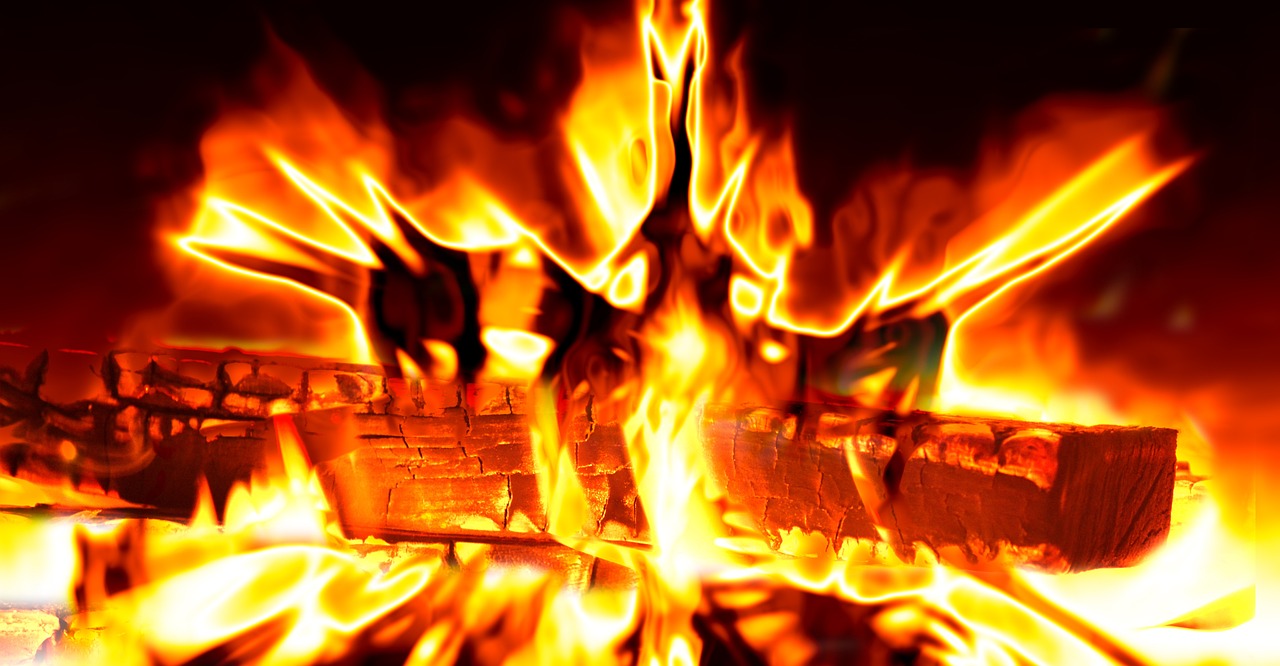
Cost Savings on Insurance
When it comes to protecting your home, fire safety is a top priority, and installing a fire sprinkler system can be a game changer. One of the most appealing aspects of having these systems in place is the potential for significant cost savings on insurance premiums. Insurance companies often view homes with fire sprinklers as less risky, which can translate into lower rates for homeowners. It’s like having a safety net that not only protects your property but also your wallet!
So, how much can you actually save? Well, the savings can vary based on several factors, including your location and the specific insurance provider. On average, homeowners could see reductions ranging from 5% to 20% on their fire insurance premiums. This might not sound like a lot at first, but let’s break it down a bit further:
| Home Value | Annual Insurance Premium (Without Sprinklers) | Estimated Savings (10%) | Annual Insurance Premium (With Sprinklers) |
|---|---|---|---|
| $200,000 | $1,200 | $120 | $1,080 |
| $300,000 | $1,800 | $180 | $1,620 |
| $400,000 | $2,400 | $240 | $2,160 |
As you can see from the table, the savings can accumulate over time. If you think about it, those savings can be redirected towards other important home improvements or even a nice vacation! Plus, some insurance companies may offer additional discounts if you have a comprehensive fire safety plan in place, which could include smoke detectors and fire extinguishers alongside your sprinkler system.
Beyond just the immediate financial benefits, having a fire sprinkler system can also provide peace of mind. Knowing that your home has an automatic fire suppression system in place can make you feel more secure. It’s like having a trusty fire-fighting friend ready to jump into action at a moment’s notice. And let’s be honest, in today’s world, who doesn’t want to feel a little safer in their own space?
However, it’s important to communicate with your insurance provider to understand how they assess risk and what specific discounts they offer for fire sprinkler systems. Some companies might require proof of installation or even a certification from a professional installer. So, keep those documents handy!
In conclusion, investing in a fire sprinkler system not only enhances your home’s safety but also opens the door to potential insurance savings. It’s a win-win situation that adds value to your home and provides financial relief. So, if you’re on the fence about installing a fire sprinkler system, consider the long-term benefits, both for your safety and your budget.
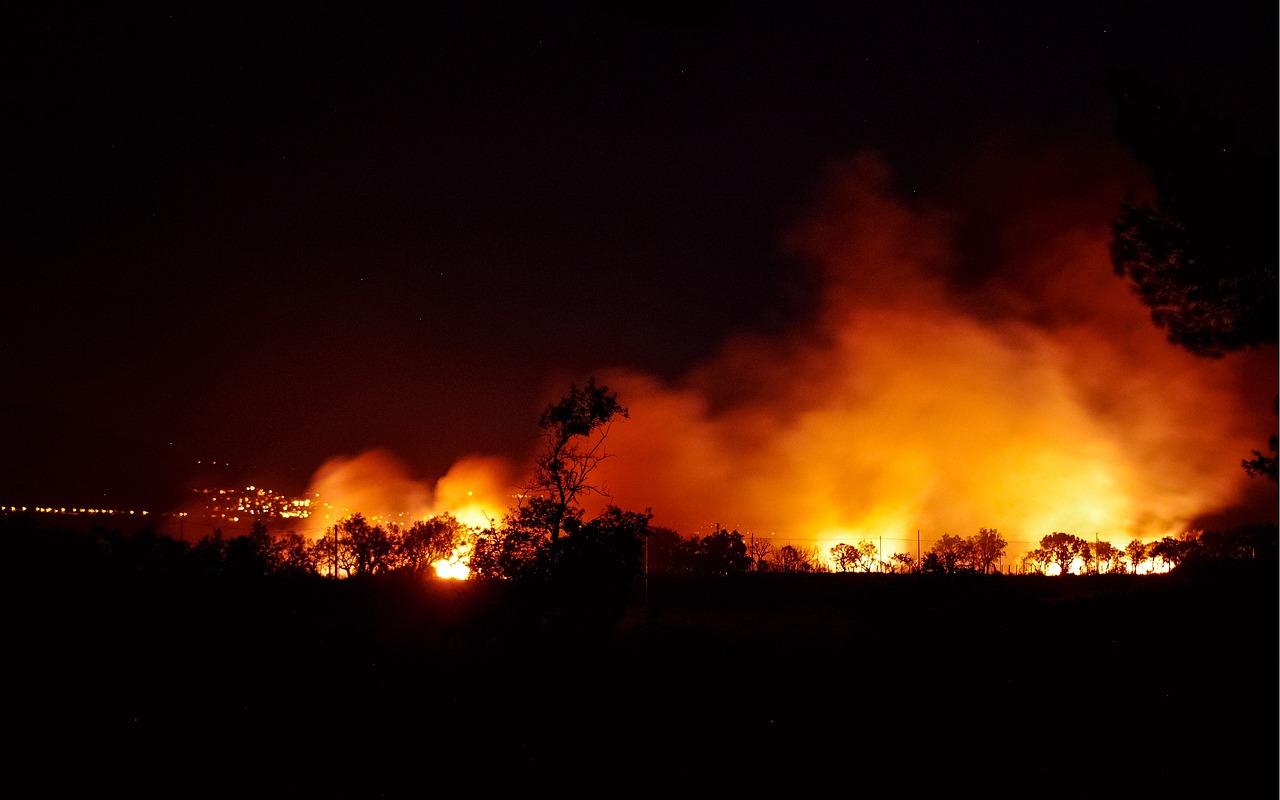
Long-term Financial Benefits
When it comes to investing in fire sprinklers, the can be quite substantial. Think of it this way: just like a good insurance policy, fire sprinklers serve as a safety net that can save you from potential financial disasters. By minimizing the risk of extensive fire damage, these systems can ultimately lead to significant cost savings over time. In fact, studies have shown that homes equipped with fire sprinkler systems can experience a dramatic reduction in fire-related losses.
Imagine the peace of mind that comes with knowing your home is protected. Not only do fire sprinklers reduce the likelihood of catastrophic damage, but they also help in preserving the value of your property. In the unfortunate event of a fire, having a sprinkler system can mean the difference between a minor incident and a total loss. This is particularly important when you consider the average cost of fire damage repair, which can easily run into the tens of thousands of dollars.
Moreover, installing fire sprinklers can lead to lower insurance premiums. Many insurance companies recognize the reduced risk associated with homes that have these systems in place, often resulting in discounts on your homeowner's insurance. Over time, these savings can accumulate, offsetting the initial investment in the sprinkler system. For instance, if your insurance premium is reduced by 10% due to the installation of fire sprinklers, you could save hundreds of dollars each year.
| Insurance Premium Savings | Estimated Annual Savings |
|---|---|
| $1,000 | $100 |
| $1,500 | $150 |
| $2,000 | $200 |
Additionally, the presence of a fire sprinkler system can enhance your home's marketability. In a competitive real estate market, features that contribute to safety and security can make your property more appealing to potential buyers. Homes with fire sprinklers may not only attract more interest but can also command higher prices. Buyers are often willing to pay a premium for homes that offer enhanced safety features, viewing them as a wise investment in their family's well-being.
In summary, the long-term financial benefits of installing fire sprinklers extend beyond immediate safety. By reducing the risk of fire damage, lowering insurance costs, and potentially increasing property value, these systems represent a sound investment for homeowners. So, if you’re weighing the pros and cons, remember that the financial implications can be as compelling as the safety advantages. Just like having a smoke detector, fire sprinklers are a proactive measure that pays off in the long run.
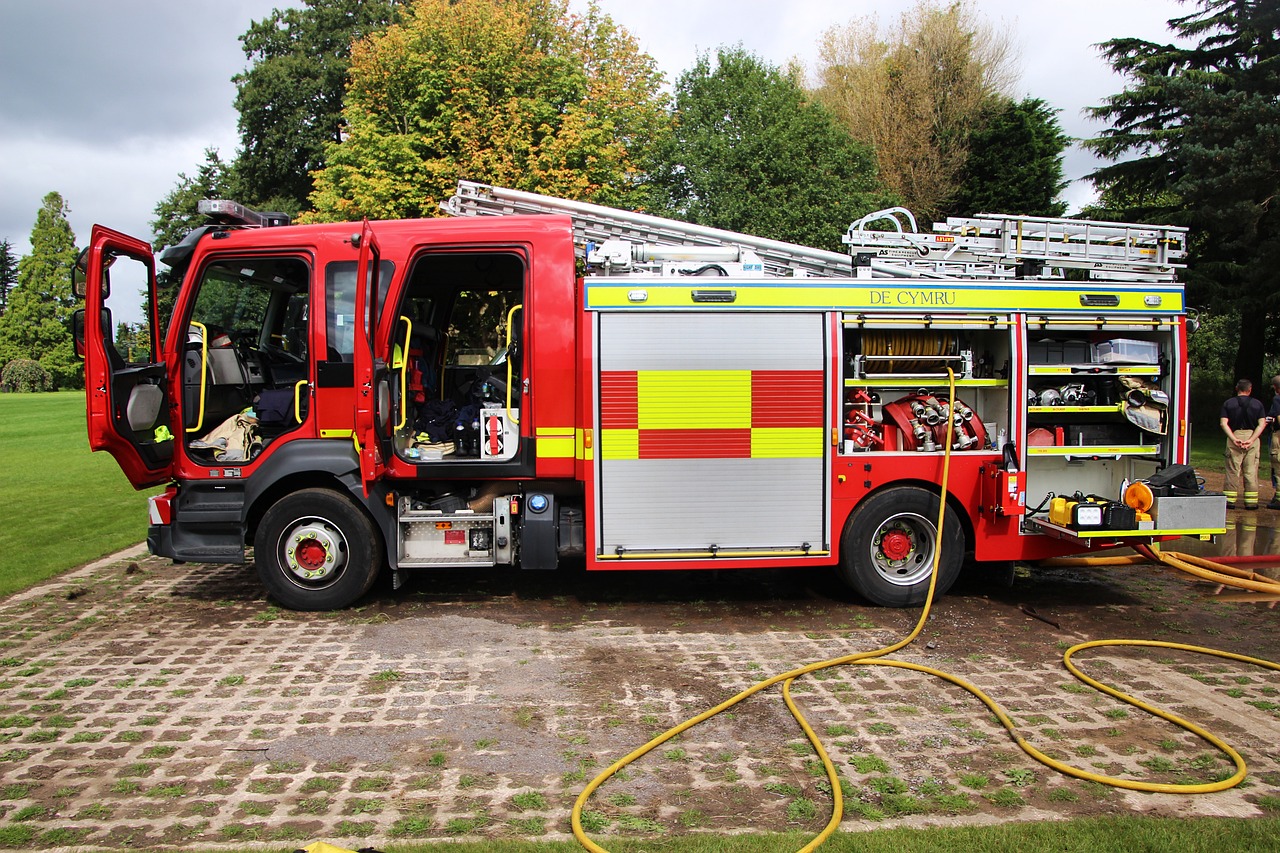
Potential Increase in Property Value
When it comes to real estate, the phrase “safety first” takes on a whole new meaning. Homebuyers are increasingly looking for properties that not only offer aesthetic appeal but also ensure their safety and peace of mind. This is where fire sprinkler systems come into play. By investing in a fire sprinkler system, homeowners can significantly enhance the value of their property. Imagine walking into a home that boasts cutting-edge safety features; it’s like finding a diamond in the rough, isn’t it?
Research indicates that homes equipped with fire sprinklers can command higher market prices compared to those without. This is largely due to the perception that these systems provide an added layer of protection against potential fire hazards. In a world where unexpected events can lead to devastating losses, having a fire sprinkler system can be a major selling point. It’s not just about the initial investment; it’s about the long-term benefits that come with it.
Moreover, in areas prone to wildfires or where insurance rates are high due to fire risks, properties with installed fire sprinklers can stand out in the market. Buyers may be willing to pay a premium for homes that offer enhanced safety features. The peace of mind that comes with knowing your home is equipped with a reliable fire suppression system is invaluable. It’s similar to having a high-quality security system; it not only protects your investment but also makes your property more attractive to potential buyers.
To further illustrate the benefits, consider the following points:
- Market Demand: As more buyers prioritize safety, homes with fire sprinkler systems are likely to see increased demand.
- Insurance Incentives: Buyers are often drawn to properties that promise lower insurance premiums due to the presence of fire safety features.
- Resale Value: Future resale value may increase, allowing homeowners to recoup their initial investment and then some.
In conclusion, investing in a fire sprinkler system is not merely a safety measure; it’s a strategic move that can enhance your property’s market value. As the real estate landscape continues to evolve, features that promote safety and security will likely become more desirable. So, if you’re considering ways to boost your home’s value, think of fire sprinklers as a smart investment that pays off in more ways than one.
- Do fire sprinklers increase home insurance premiums? - No, in fact, they often lower premiums due to reduced risk.
- How much value can I expect to add to my home with fire sprinklers? - While it varies, many homeowners see a significant increase in value, especially in high-risk areas.
- Are there any maintenance costs associated with fire sprinklers? - Yes, regular maintenance is required to ensure they function effectively, but these costs are generally manageable.
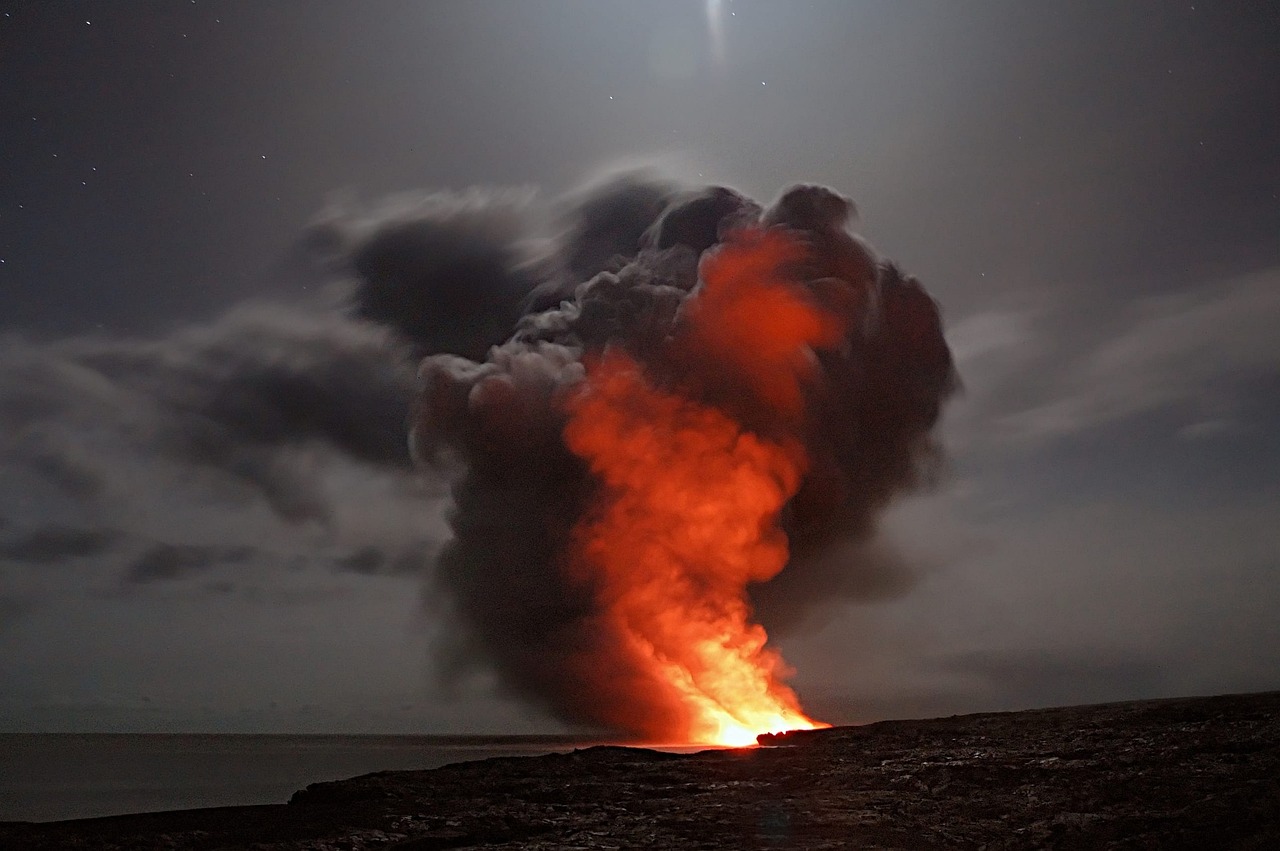
Fire Sprinkler Regulations and Codes
When considering the installation of fire sprinklers in your home, it’s crucial to understand the regulations and codes that govern these systems. These rules are not just bureaucratic red tape; they are designed to ensure the safety and effectiveness of fire protection systems. Depending on where you live, local building codes may require specific types of sprinkler systems, installation methods, and maintenance practices. Ignoring these regulations can lead to serious consequences, including fines and increased liability in the event of a fire.
Fire sprinkler regulations are typically established by national and local authorities. In the United States, the National Fire Protection Association (NFPA) sets many of the standards for fire safety, including those related to sprinkler systems. The NFPA 13 standard, for instance, outlines the design and installation of sprinkler systems in commercial and residential buildings. Understanding these codes is essential for homeowners who want to ensure compliance and maximize the effectiveness of their fire protection systems.
In addition to the NFPA standards, local jurisdictions may have their own specific codes that dictate how fire sprinklers should be installed. For example, some areas may require that systems be designed by a licensed fire protection engineer, while others may allow for simpler installations. It's essential to check with your local building department to understand the specific requirements in your area. This can save you from potential headaches down the road, such as needing to redo work that doesn't meet local standards.
Moreover, it’s important to consider the maintenance requirements that accompany these regulations. Many codes stipulate regular inspections and maintenance checks to ensure that the system remains functional. Homeowners should be prepared for these ongoing responsibilities, as neglecting maintenance can lead to a system that fails when it’s needed most. In some cases, failure to comply with maintenance regulations can even result in fines or increased insurance premiums.
To help you navigate this complex landscape, here’s a quick overview of some common fire sprinkler regulations:
- Installation must comply with NFPA standards: Ensure that your system meets the latest NFPA guidelines.
- Local building codes: Always check with your local authorities for specific requirements.
- Regular inspections: Most codes require routine checks to ensure the system is functioning properly.
- Documentation: Keep records of all inspections and maintenance activities for compliance purposes.
In conclusion, understanding fire sprinkler regulations and codes is not just about compliance; it’s about ensuring the safety of your home and loved ones. By familiarizing yourself with these requirements, you can make informed decisions about your fire safety investments, ensuring that your system is not only effective but also compliant with all necessary standards.
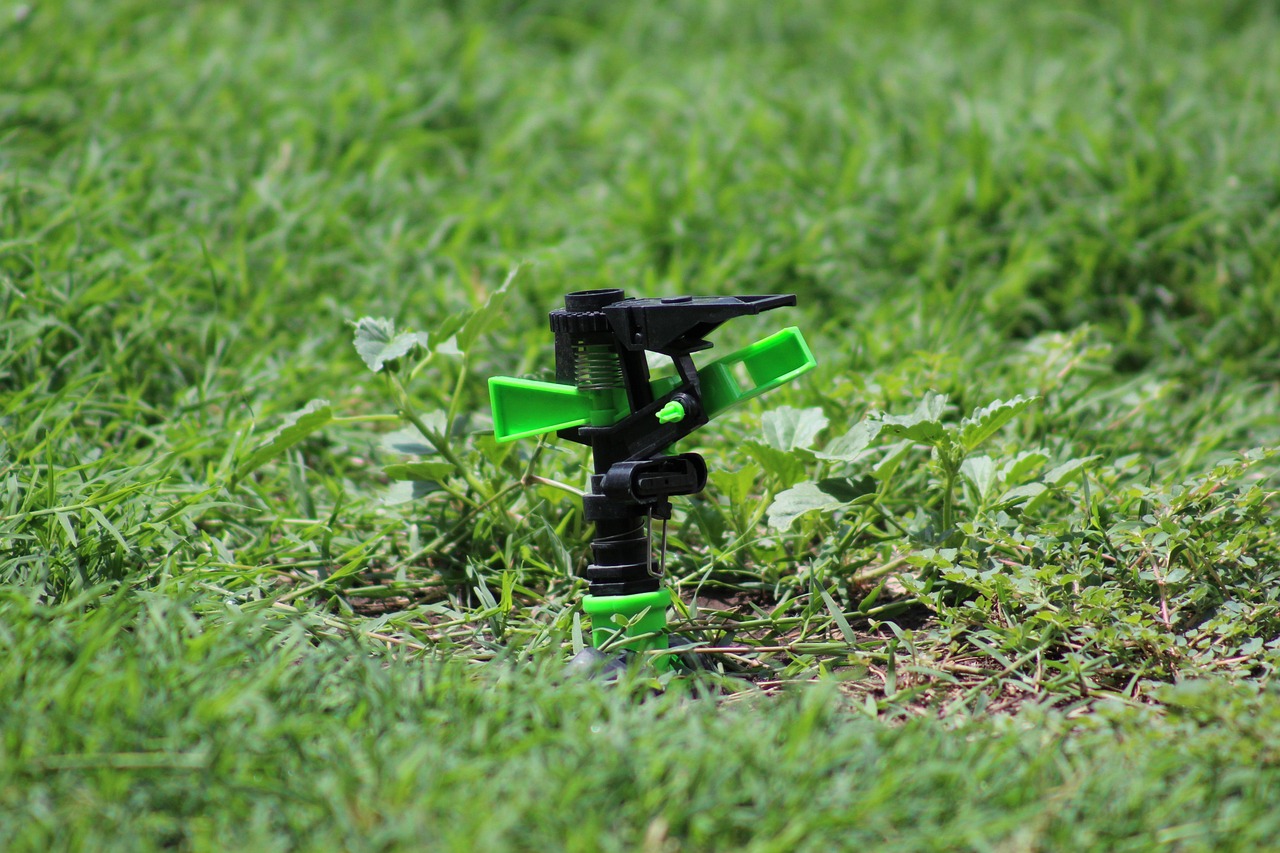
Costs Associated with Installation
When considering the installation of fire sprinklers in your home, it's essential to understand the various costs involved. While the initial thought may be that installing a fire sprinkler system is an unnecessary expense, the reality is that it can be a crucial investment in your safety and property value. The costs associated with installation can vary widely based on several factors, which we'll explore in detail.
First and foremost, the size of your home plays a significant role in determining the overall installation cost. Larger homes typically require more extensive systems, which can lead to higher labor and material costs. For instance, a small single-family home may only need a few sprinkler heads, while a sprawling estate could require dozens of them. This difference in scale can dramatically affect your budget.
Another critical factor is the type of fire sprinkler system you choose. There are several options available, including wet pipe systems, dry pipe systems, and pre-action systems. Each type has its own set of advantages and costs. Wet pipe systems, for example, are the most common and generally the least expensive to install, while dry pipe systems, which are used in environments where freezing is a concern, can be more costly due to the additional components required.
Local labor rates also play a significant role in installation costs. Depending on where you live, hiring a qualified contractor can either be a bargain or a budget-buster. It's crucial to get multiple quotes and understand the going rates in your area to avoid any surprises. You might find it beneficial to create a comparison table to evaluate different contractors based on their quotes, experience, and reviews:
| Contractor Name | Quote | Experience (years) | Customer Rating |
|---|---|---|---|
| ABC Fire Systems | $3,000 | 10 | 4.5/5 |
| Safe Home Sprinklers | $3,500 | 8 | 4.7/5 |
| FireGuard Solutions | $2,800 | 12 | 4.8/5 |
Beyond installation, it's also essential to consider ongoing maintenance costs. While fire sprinkler systems are designed to be reliable, they do require regular inspections and maintenance to ensure they function correctly in an emergency. This maintenance can include checking for leaks, testing the water pressure, and replacing any faulty components. Homeowners should budget for these costs as part of their long-term investment in fire safety.
In summary, while the upfront costs of installing a fire sprinkler system can vary significantly based on factors such as home size, system type, and local labor rates, the long-term benefits often outweigh these initial expenditures. With the right planning and understanding of the associated costs, homeowners can make informed decisions that enhance both their safety and the value of their property.
- What is the average cost of installing a fire sprinkler system? The average cost can range from $1 to $2 per square foot, depending on various factors like home size and system type.
- How often do fire sprinkler systems need maintenance? It's recommended to have your fire sprinkler system inspected at least once a year.
- Will installing fire sprinklers lower my insurance premiums? Yes, many insurance companies offer discounts for homes equipped with fire sprinkler systems.
- Are fire sprinklers required by law? This varies by location. Some areas have building codes that mandate sprinkler installations in new homes.
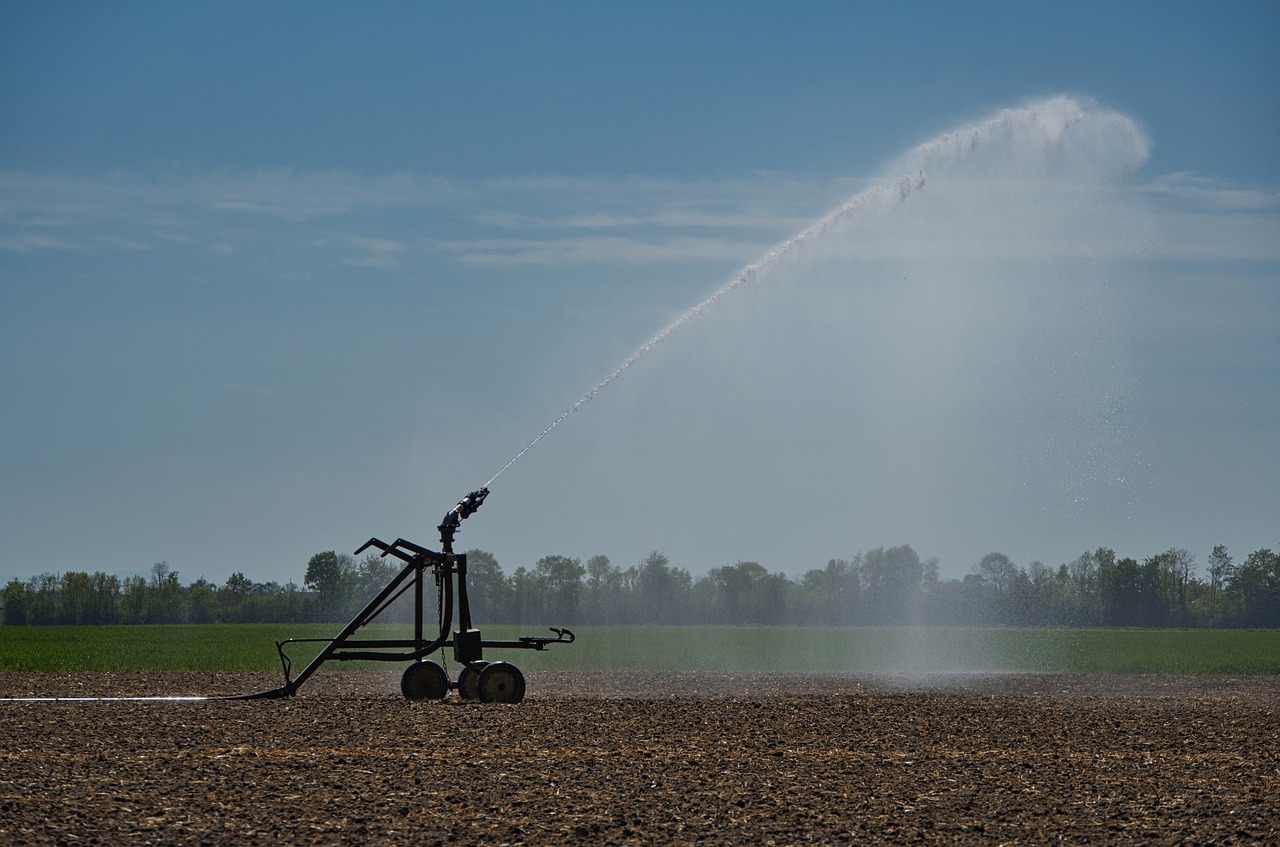
Factors Affecting Installation Costs
When it comes to installing fire sprinkler systems, several key factors can significantly influence the overall cost. It's essential to consider these elements to make an informed decision about your investment. First and foremost, the size of your home plays a crucial role. Larger homes typically require more extensive systems, which means more materials and labor, leading to higher costs. Imagine trying to cover a vast field with a garden hose; the larger the area, the more hoses you’ll need!
Another critical factor is the type of sprinkler system you choose. There are various systems available, including wet pipe, dry pipe, and pre-action systems, each with its unique installation requirements and costs. For instance, a wet pipe system is generally the most cost-effective option, as it uses water-filled pipes that activate when a fire is detected. On the other hand, dry pipe systems, which are filled with air and release water only when needed, tend to be more expensive due to their complexity.
Local labor rates also play a significant role in determining installation costs. Depending on where you live, the cost of skilled labor can vary widely. For example, urban areas with a high demand for construction services may have higher labor costs compared to rural areas. It’s like ordering a pizza; the same pie can cost more in a bustling city than in a small town!
Additionally, the complexity of your home’s layout can affect installation costs. Homes with multiple levels, intricate designs, or unique architectural features may require more time and effort to install the sprinkler system correctly. This complexity can lead to increased labor costs as technicians navigate through tight spaces or work around obstacles.
Finally, building codes and regulations in your area can also affect costs. Some regions have strict requirements for fire safety systems, which may necessitate additional materials or specialized installation techniques. It’s crucial to check local regulations before proceeding, as this can save you from unexpected expenses down the line.
In summary, when considering the installation of a fire sprinkler system, keep in mind the following factors that can influence costs:
- Size of your home
- Type of sprinkler system
- Local labor rates
- Complexity of home layout
- Building codes and regulations
By understanding these elements, you can better prepare for the financial investment involved in installing a fire sprinkler system and ensure that your home is equipped with the necessary fire safety measures.
1. How much does it typically cost to install a fire sprinkler system?
The cost can vary widely, but on average, homeowners can expect to pay between $1.00 to $2.00 per square foot for installation, depending on various factors.
2. Are fire sprinklers worth the investment?
Absolutely! Fire sprinklers can significantly reduce fire damage, lower insurance premiums, and even enhance the value of your home.
3. Do fire sprinklers require maintenance?
Yes, regular maintenance is essential to ensure the system functions correctly. This may include inspections and testing, which can incur additional costs over time.
4. Will my insurance premiums decrease if I install fire sprinklers?
Many insurance companies offer discounts for homes equipped with fire sprinkler systems, as they reduce the risk of extensive fire damage.
5. Can I install a fire sprinkler system myself?
While it may be tempting to save money, it’s highly recommended to hire professionals for installation to ensure compliance with local codes and proper functionality.
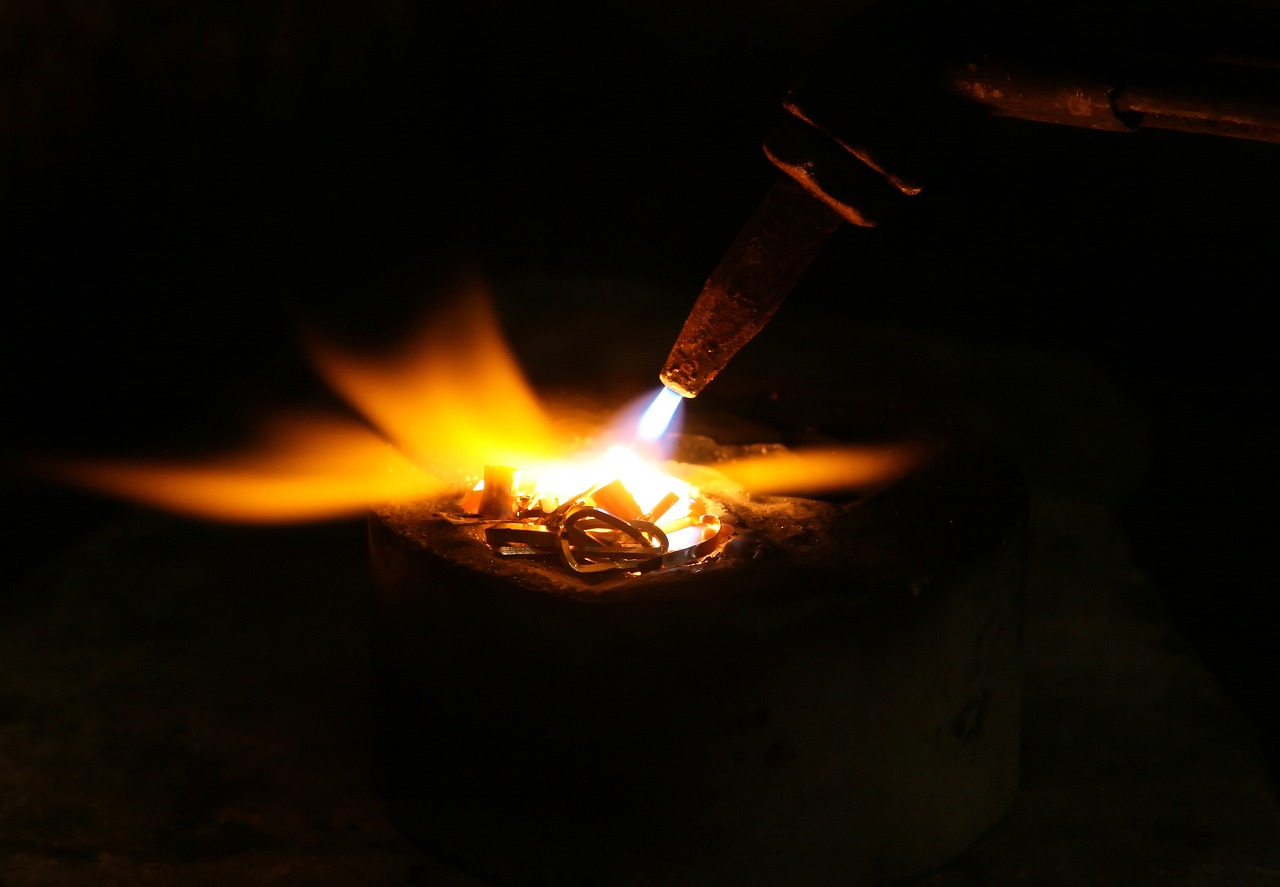
Maintenance Costs Over Time
When considering the installation of fire sprinklers in your home, it's essential to look beyond the initial setup costs and think about the maintenance expenses that will arise over time. Just like a car requires regular check-ups to ensure it runs smoothly, fire sprinkler systems need periodic inspections and maintenance to function effectively. Neglecting these aspects can lead to costly repairs or, worse, a failure to operate in the event of a fire.
On average, homeowners can expect to spend around $100 to $300 annually on maintenance for their fire sprinkler systems. This includes routine inspections, testing, and any necessary repairs. During these inspections, professionals will check for issues such as:
- Corrosion or damage to pipes
- Proper water flow and pressure
- Functionality of sprinkler heads
- Overall system integrity
Moreover, there are additional costs to consider, such as the replacement of sprinkler heads or other components, which can vary based on the type of system installed. For instance, if you have a more advanced system with specialized features, the replacement parts might be more expensive. It's also worth noting that some local codes may require more frequent inspections, which can add to your overall maintenance costs.
To help you get a clearer picture, here's a simple breakdown of potential maintenance costs associated with fire sprinkler systems:
| Maintenance Task | Estimated Cost | Frequency |
|---|---|---|
| Annual inspection | $100 - $200 | Yearly |
| Sprinkler head replacement | $10 - $50 each | As needed |
| System testing | $50 - $100 | Yearly |
| Repairs (if needed) | Varies widely | As needed |
In conclusion, while the initial investment in fire sprinklers may seem daunting, understanding the long-term maintenance costs can help you make a more informed decision. Remember, investing in regular maintenance not only ensures the safety of your home but also can save you money in the long run by preventing more significant issues from arising.
1. How often should I have my fire sprinkler system inspected?
It's recommended to have your fire sprinkler system inspected at least once a year to ensure it is functioning correctly and meets local codes.
2. Can I perform maintenance on my fire sprinkler system myself?
While some basic checks can be done by homeowners, it's best to hire a professional for thorough inspections and maintenance to ensure everything is up to standard.
3. What happens if I neglect maintenance on my fire sprinkler system?
Neglecting maintenance can lead to system failures during a fire, potentially resulting in extensive damage and higher repair costs.
4. Are there any warranties on fire sprinkler systems?
Many manufacturers offer warranties on their systems, but regular maintenance is often a condition to keep the warranty valid.
5. How can I find a qualified technician for inspection and maintenance?
Look for certified fire protection professionals in your area, and check reviews or ask for recommendations to ensure you're hiring someone reliable.
Frequently Asked Questions
- What are the main benefits of installing fire sprinklers in my home?
Fire sprinklers can significantly reduce fire damage, enhance safety for residents, and often lead to lower home insurance premiums. They provide peace of mind, knowing that your home is better protected against the devastating effects of fire.
- How do fire sprinkler systems work?
Fire sprinkler systems are designed to detect heat from a fire and automatically release water to suppress it. Each sprinkler head operates independently, meaning only the heads closest to the fire will activate, minimizing water damage to the rest of your home.
- Will installing fire sprinklers increase my home’s value?
Yes, homes equipped with fire sprinkler systems often see an increase in market value. Many buyers appreciate the added safety features, making your property more appealing in a competitive market.
- What factors influence the cost of installing fire sprinklers?
Several factors can affect installation costs, including the size of your home, the type of sprinkler system you choose, and local labor rates. It's essential to get multiple quotes to understand the potential expenses involved.
- Are there any ongoing maintenance costs for fire sprinkler systems?
Yes, regular maintenance is crucial to ensure your fire sprinkler system functions correctly. This may include annual inspections and testing, which can incur additional costs. However, these expenses are minor compared to the potential costs of fire damage.
- What regulations do I need to consider when installing fire sprinklers?
Local building codes and fire regulations will dictate the requirements for fire sprinkler installations in your area. It’s vital to consult with local authorities or a professional installer to ensure compliance with all necessary standards.
- Can I install fire sprinklers myself?
While some homeowners may be tempted to install fire sprinklers on their own, it’s highly recommended to hire a professional. Proper installation is critical for the system's effectiveness and compliance with local codes.
- How much can I save on insurance with fire sprinklers?
Many homeowners see a reduction in their insurance premiums after installing fire sprinklers, often ranging from 5% to 15%. However, the exact savings can vary based on your insurance provider and local regulations.






